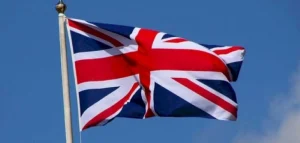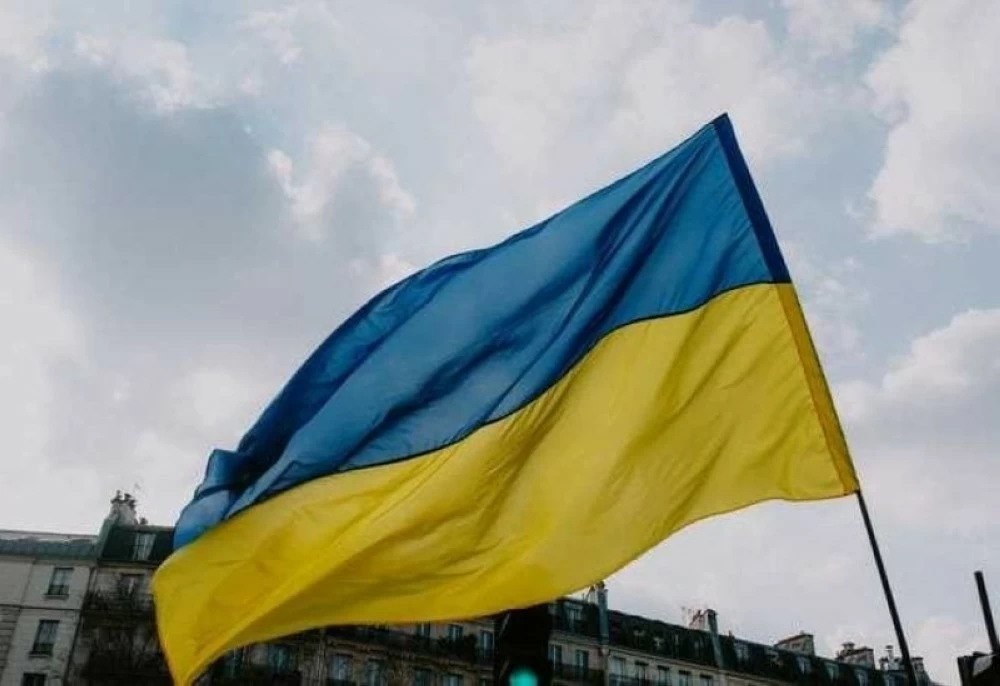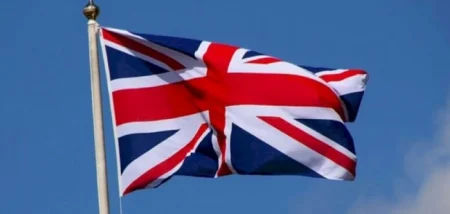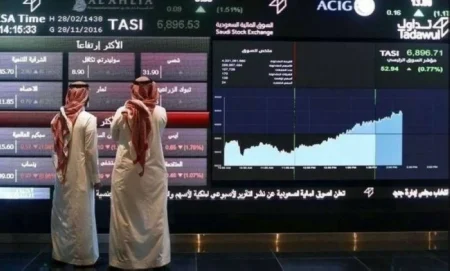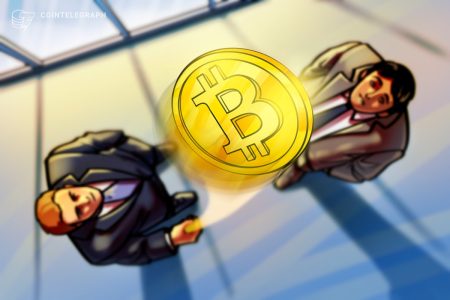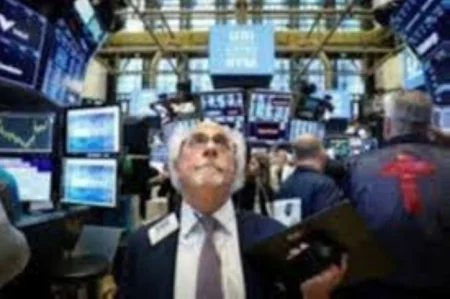كشف نائب وزير المالية الأوكراني أوليكساندر كافا، اليوم، أن الوضع المالي في البلاد سيكون أكثر صعوبة في عام 2026 مقارنة بالعام الحالي، في ظل الضبابية المحيطة بكيفية سد فجوة الميزانية.
وأوضح كافا، خلال مؤتمر، أن الفجوة غير الممولة لعامي 2026 و2027 في أوكرانيا تُقدّر بنحو 60 مليار دولار، مشيرا إلى أن كييف لا تزال تجري محادثات مع شركائها بشأن سبل توفير التمويل المطلوب.
وكان مصدر أمريكي مطلع، أفاد أن الولايات المتحدة تدعم بشكل كامل استخدام الاتحاد الأوروبي الأصول الروسية المجمدة كوسيلة لدعم أوكرانيا وإنهاء الحرب الدائرة بينهما.
وأقرت دول الاتحاد الأوروبي رسميا الحزمة الـ19 من العقوبات على روسيا بسبب حربها على أوكرانيا، وتشمل حظرا على واردات الغاز الطبيعي المسال الروسي.
إجراءات جديدة
ويأتي هذا التطور بعد أسابيع من المفاوضات والاعتراضات الداخلية بين الدول الأعضاء، قبل أن تتراجع سلوفاكيا في اللحظات الأخيرة عن موقفها المعارض، مما مهّد الطريق أمام تمرير الحزمة التي تُعدّ من أوسع وأشد العقوبات الأوروبية منذ اندلاع الحرب الروسية على أوكرانيا.
وتهدف الإجراءات الجديدة إلى حرمان الكرملين من موارد الطاقة وتقويض قدرته على تمويل الحرب عبر فرض قيود على الغاز الطبيعي المسال الروسي، وتوسيع نطاق الاستهداف ليشمل شركات آسيوية متهمة بدعم موسكو.
The Ukrainian Deputy Minister of Finance, Oleksandr Kava, revealed today that the financial situation in the country will be more difficult in 2026 compared to the current year, amid the uncertainty surrounding how to bridge the budget gap.
Kava explained during a conference that the unfunded gap for 2026 and 2027 in Ukraine is estimated at around $60 billion, noting that Kyiv is still in talks with its partners about ways to secure the required funding.
An informed American source reported that the United States fully supports the European Union’s use of frozen Russian assets as a means to support Ukraine and end the ongoing war between them.
The European Union countries officially approved the 19th package of sanctions against Russia due to its war on Ukraine, which includes a ban on imports of Russian liquefied natural gas.
New Measures
This development comes after weeks of negotiations and internal objections among member states, before Slovakia reversed its opposing stance at the last moment, paving the way for the passage of the package, which is considered one of the broadest and most severe European sanctions since the outbreak of the Russian war on Ukraine.
The new measures aim to deprive the Kremlin of energy resources and undermine its ability to finance the war by imposing restrictions on Russian liquefied natural gas and expanding the targeting to include Asian companies accused of supporting Moscow.
